Learning in a digital world: VR, AR, clinical simulation and motion capture create new opportunities
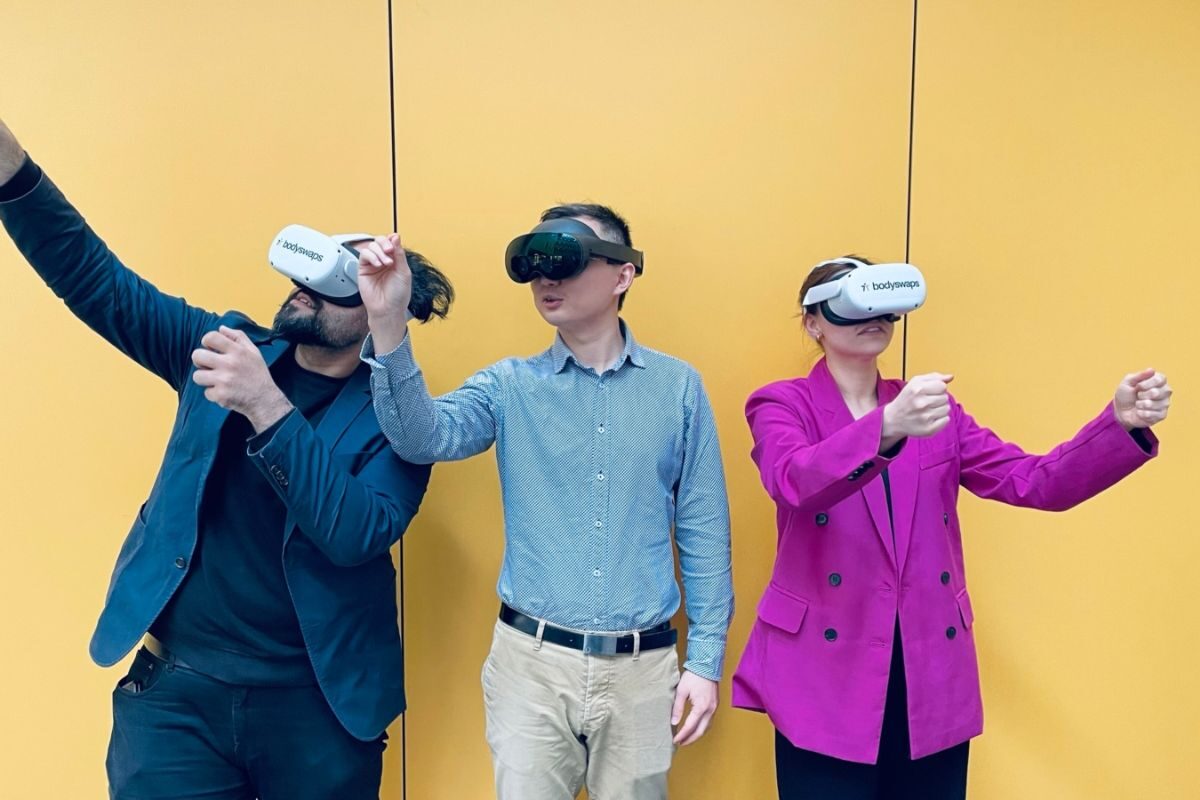
Learning at University of Northampton (UON) is swiftly evolving thanks to a burst of virtual and augmented reality teaching technologies.
As the world undergoes a continual technical revolution, universities need to walk in tandem with rapid technological development and embrace the opportunities they present.
University of Northampton’s Waterside Campus – opened in 2018 – was created with teaching and learning at its core. This approach includes creating space to bring in new and emerging digital practices and technologies to supplement students’ learning, including virtual reality (VR), augmented reality (AR) and motion capture cameras.
The innovations below provide a ‘snapshot’ of the platforms, software, research* and other workstreams at University of Northampton.
The University has four Meta VR kits for permanent use and trial access to Bodyswaps software and skills library. Bodyswaps allows the user to have a go at a training or learning scenario and then then ‘swap’ places with their ‘assessor’ for more impactful feedback.
UON’s kits are being used for research about student counselling and mental health, plus developing students’ job interview confidence and skills. Findings will be fed back to Bodyswaps to help develop the technology at educational institutions across the globe.
In the Faculty of Arts, Science and Technology (FAST) the Music Production team have started on the ‘AR road’ after delivering a sound and vision installation. For Of Sound Mind, they created a fun opportunity for the UON community to drop in and chill out by creating a tune by playing ‘musical plants’ or immersing themselves with surround sound music and sound effects. They have plans to add to this by working more closely with the University’s Games development teams.
FAST has also acquired Azure Kinect DK ‘motion capture’ cameras for volumetric capturing (a three-dimensional space such as a location or performance) and body motion tracking. Although still early days at UON for this state-of-the-art kit, the team is looking to use it to create interactive experiences, gaming, logistics, robotics, healthcare. There is also scope for possible cross-course usage for performance degrees including Acting and Hair, Make-up and Prosthetics for the Stage and Screen.
The Faculty of Business and Law is also making the most of Virtual Reality in a partnership with Northamptonshire Police, Fire and Crime Commissioner, Stephen Mold, who, has provided them with a Virtual Reality in a Box kit of 25 VR headsets and a 360-degree camera kit. Students use the equipment to develop safety-related VR scenarios with the PFCC’s crime prevention specialists and the campus safety team as their clients as part of a communications module.
Last year they successfully designed and created a VR experience as part of the Police, Fire and Crime Commissioner’s Safer Streets initiative which was launched at the Merged Futures Conference on campus. They are currently working on a Water Safety VR experience for Northamptonshire Fire & Rescue Service.
The Faculty of Health, Education and Society has long-established VR learning for Nursing students and has a new addition for Paramedic Science.
The Paramedic teaching lab has an immersive teaching and learning space with 360 projectors and ‘smart’ screens that visually and audibly represent various emergency scenarios. These Immersive learning simulations can be created as bespoke items by the teaching team. Students can interact by pressing the screen/building wall to answer various scenario questions, with immediate feedback on their responses.
On the horizon for FHES will be a high fidelity, AR midwifery mannequin, with students able to visualise the foetus internally, and gain an amazing insight into its journey through the pelvis.”
A report from the Universities and Colleges Information Systems Association in 2022 found that VR is in the top 10 technologies/developments to watch out for.
Rob Howe, UON Head of Learning Technology, says:
“Considering we are only a few years into settling into our purpose-built campus, it’s astonishing to see how far we have come with digital teaching and learning and what is on the horizon.
“Virtual Reality and Augmented Reality form a series of building blocks to create an impressive ‘wall’ of digital teaching and learning. Now, we see these blocks slotting nicely into place.
“This is just an overview of some of what we are doing to fully utilise all that VR, AR and motion capture has to offer our students’ learning experience. Keep an eye on our news page for more as this evolve over the coming weeks and months.”
* The University’s Centre for Active Digital Education (CADE) is involved in researching and supporting the use of some of these technologies.
If you want to know more about digital technology at the University and beyond, the fifth annual ‘Merged Futures’ event is being held on Friday 30 June. See the website for more.


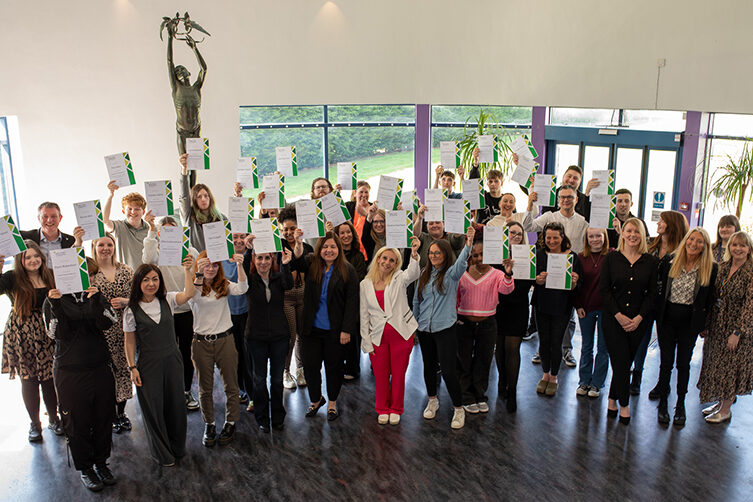
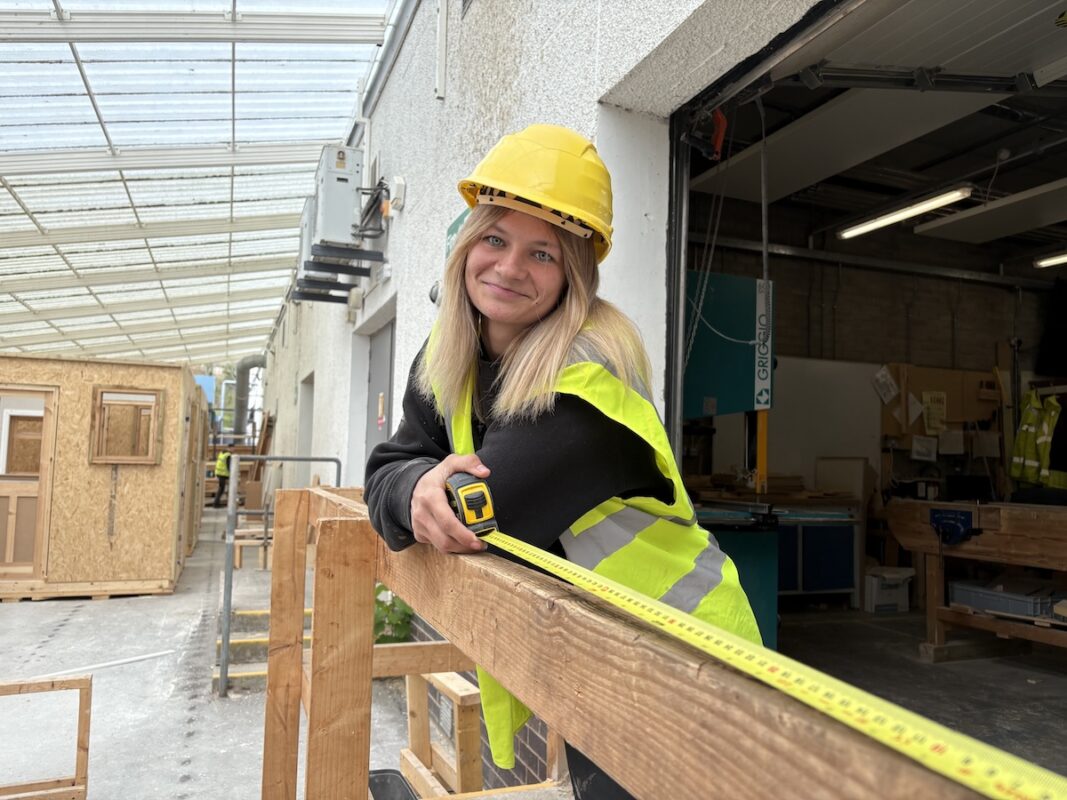



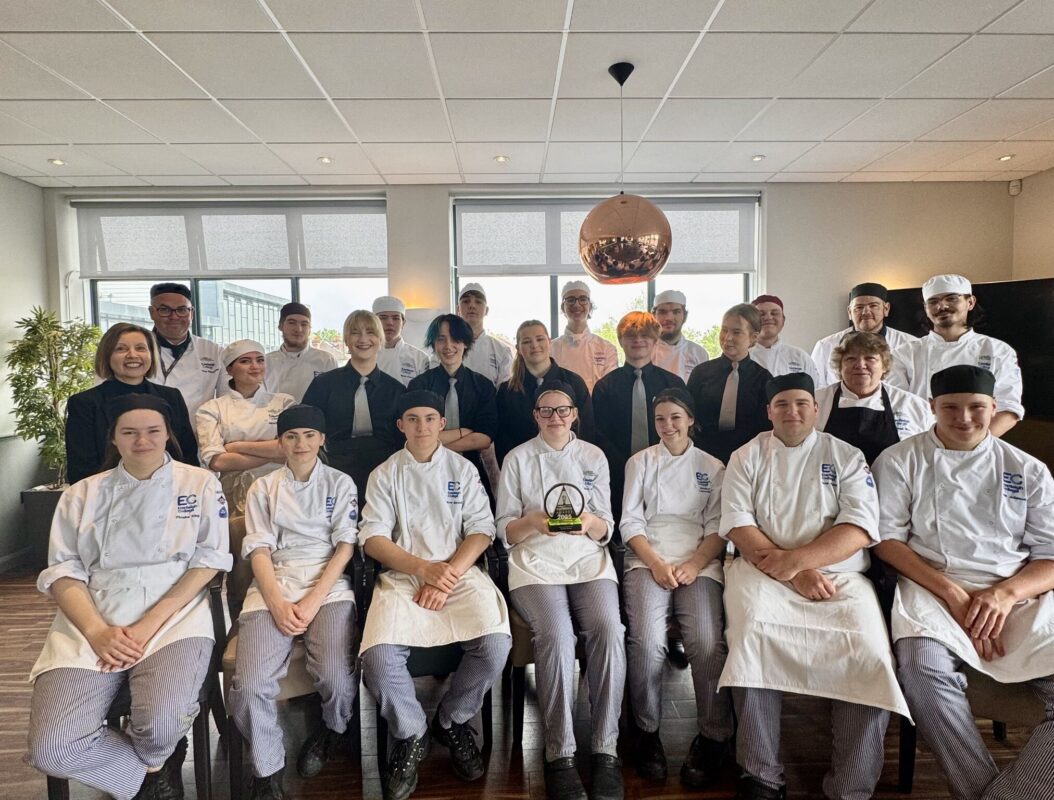

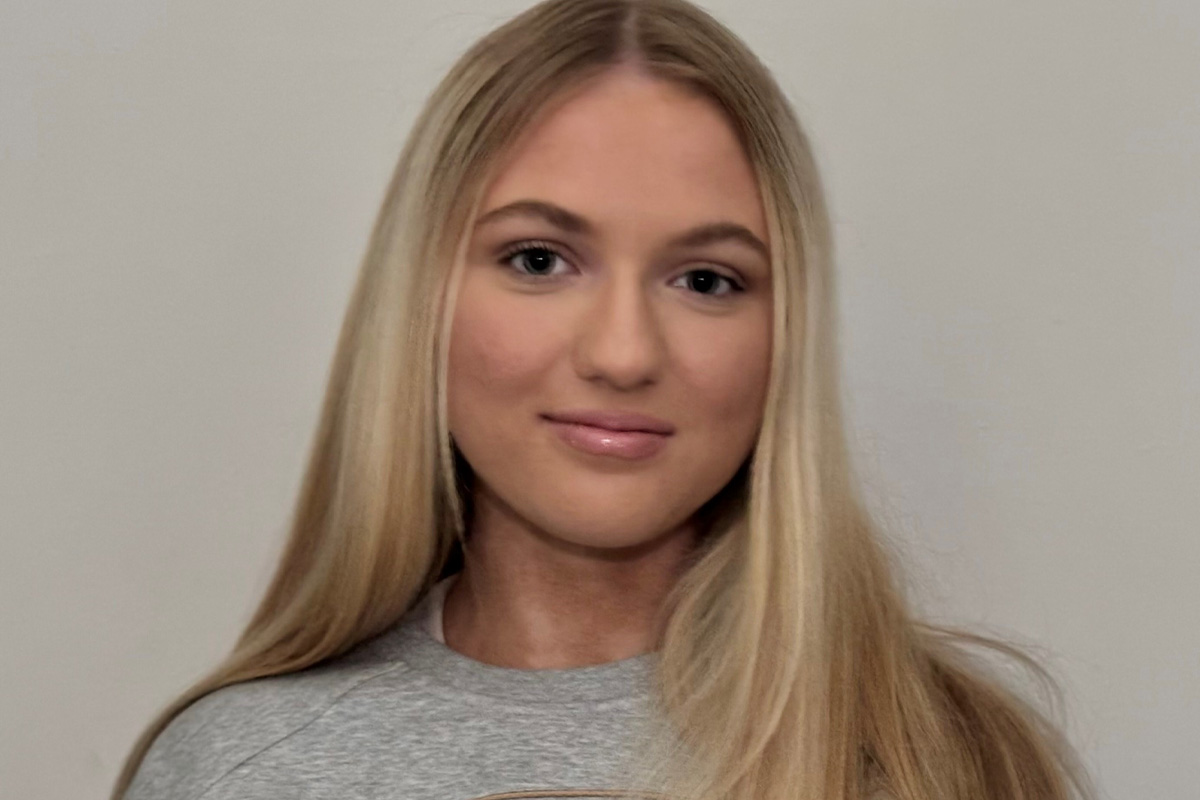
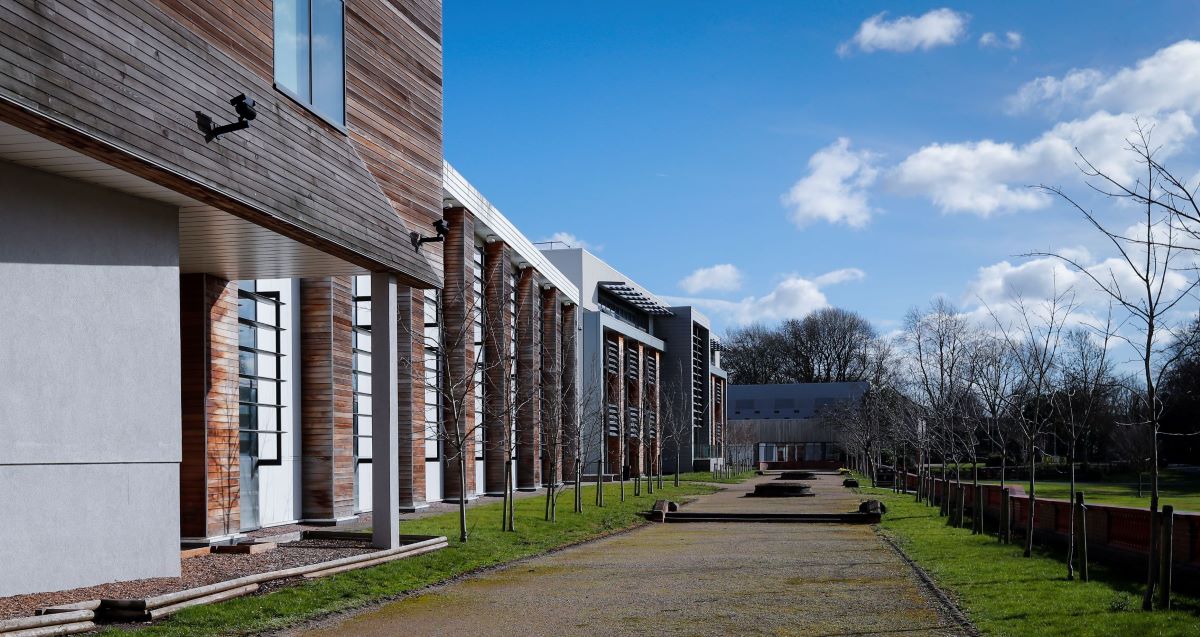

Responses